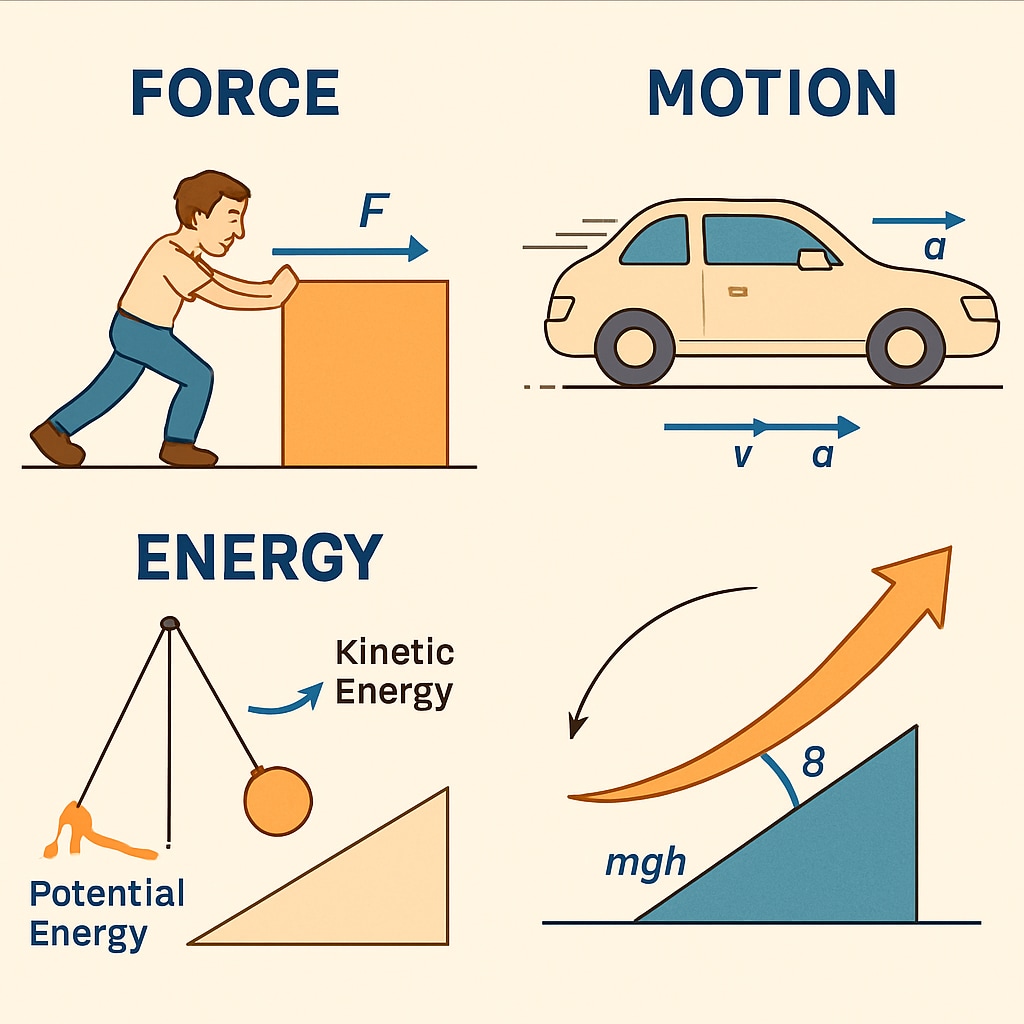Preparing for multiple exams while handling a physics degree backlog can be overwhelming, especially when time is limited. Effective time management and strategic study methods are essential to ensure academic success. This article outlines practical tips to help students streamline their preparation and excel in their exams.
Understanding the Challenges of a Physics Degree Backlog
Pursuing a physics degree often involves mastering complex concepts, mathematical problem-solving, and critical thinking skills. When students face a backlog of exams, the pressure can intensify, making it harder to focus and retain information. Common challenges include:
- Limited time to study for multiple subjects
- Difficulty prioritizing topics based on importance
- Managing stress and maintaining motivation
To overcome these obstacles, students must adopt a structured approach to learning.

Time Management Strategies for Physics Exam Preparation
Effective time management is the cornerstone of tackling a physics degree backlog. By organizing study schedules and setting achievable goals, students can optimize their productivity. Here are key strategies:
- Create a Study Plan: Divide available time into focused study sessions for each subject. Prioritize topics with higher weightage or complexity.
- Set Clear Goals: Define specific objectives for each study session to maintain focus and track progress.
- Use the Pomodoro Technique: Break study sessions into 25-minute intervals followed by short breaks to maintain concentration.
- Eliminate Distractions: Designate a quiet study area and turn off unnecessary notifications to stay focused.
For more insights on effective time management, refer to Time Management on Wikipedia.
High-Impact Study Techniques for Physics
Physics requires understanding abstract principles and applying them to solve problems. To maximize study efficiency, students can utilize the following methods:
- Active Recall: Test yourself regularly on key concepts instead of passively rereading notes.
- Practice Problem-Solving: Work through a variety of numerical problems and past exam papers to build confidence.
- Visual Learning: Use diagrams, flowcharts, and illustrations to simplify complex ideas.
- Group Study: Collaborate with peers to discuss challenging topics and share insights.
For additional resources, visit Physics Overview on Britannica.

Maintaining Productivity and Motivation
Preparing for multiple exams can be mentally taxing. To maintain productivity and motivation, students should consider the following:
- Take Regular Breaks: Schedule short breaks to recharge and prevent burnout.
- Stay Positive: Celebrate small victories and remind yourself of long-term goals.
- Exercise and Sleep: Incorporate physical activity and ensure adequate rest to boost cognitive function.
By adopting these habits, students can stay focused and resilient throughout their preparation journey.
In conclusion: Overcoming a physics degree backlog requires a combination of effective time management and strategic study techniques. By implementing the tips discussed, students can maximize their learning potential, reduce stress, and achieve their academic goals.


